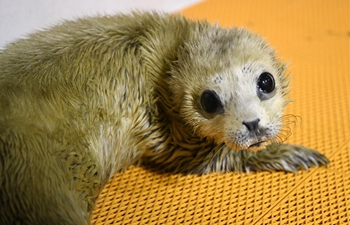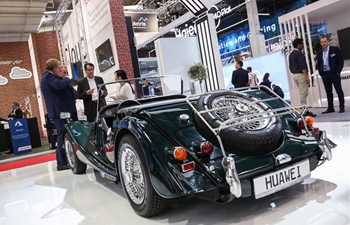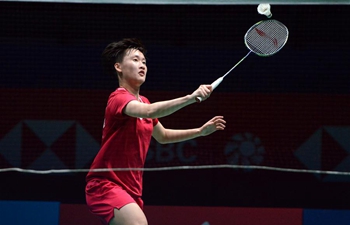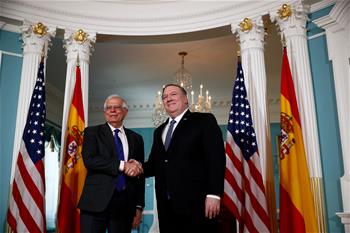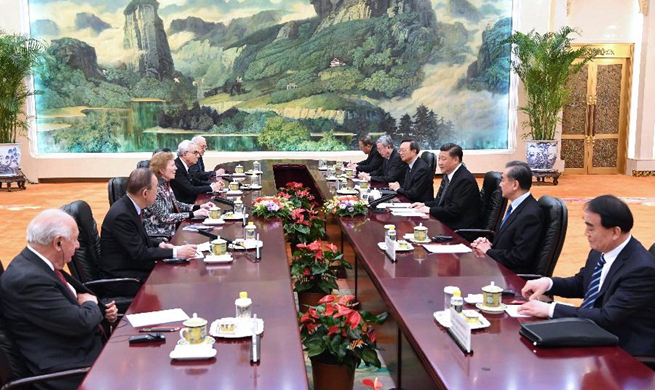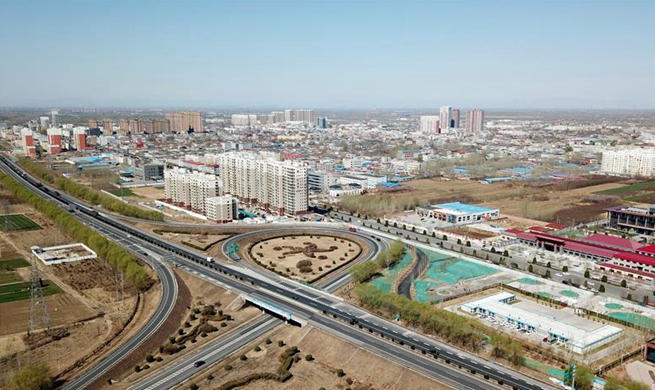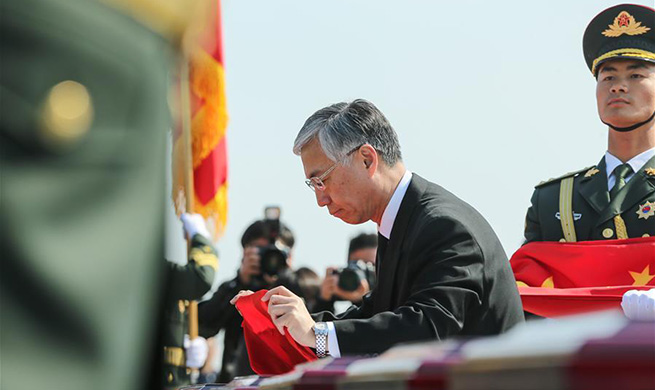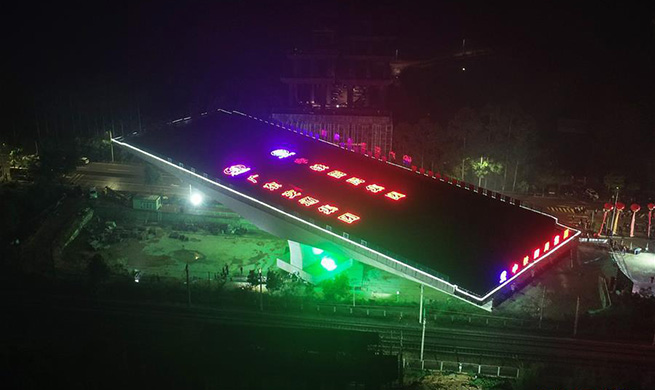TOKYO, April 3 (Xinhua) -- Toyota Motor Corp said Wednesday it will allow its potential rivals to have access to thousands of its propriety technical patents incorporated in the automaker's hybrid and electric vehicles (EV), to try and generate more competition in the lucrative market.
Toyota, Japan's largest automaker, said it will grant royalty-free access to 23,740 patents related to its electrification technology from Wednesday to the end of 2030.
The move comes as the automaker, developer of the ubiquitous Prius models of hybrid cars, is hoping to expand the market by encouraging its competition to make use of unrestricted access to its patented technology, such as those used in the batteries and fuel cells of its hybrids and EVs.
Toyota will also offer technical support to manufacturers that opt to use Toyota's batteries and other patented technology for a fee, the automaker said.
Against a backdrop of tighter regulations on emissions and a global-wide shift towards hybrid and EV automobiles, Toyota is also hoping that by making its patented tech widely available, it will simultaneously be able to increase its own supply and therefore cut costs in the competitive market.
Toyota vice president Shigeki Terashi explained the automaker's move to ally more closely with other manufacturers, as the global industry has to operate within increasingly tougher emissions guidelines.
"We will become a supplier of electrification technology. The level of electrification technology required by global environmental regulations is becoming stricter year by year," Terashi was quoted as saying at a press conference on the matter in Nagoya, Aichi Prefecture, where the automaker is headquartered.
Toyota launched a similar initiative in 2015 to open up its patents on fuel-cell vehicles, but the scheme only led to a very limited number of contracts.
Toyota rolled out the first iteration of its hybrid Prius, as a subcompact 4-door sedan, in 1997. The technical details behind its hybrid power-train and related technology has been largely classified since the Prius' launch.
It went on to become the world's first mass-produced gasoline-electric hybrid car, with the automaker saying it believes it will not lose its competitive edge by opening up its know-how to other carmakers in its field.
"We will not lose competitiveness as long as we make progress in our technology," said Terashi.
